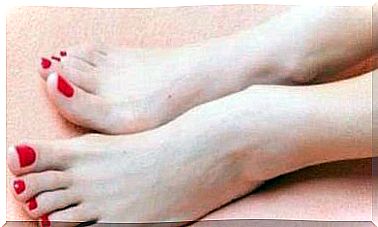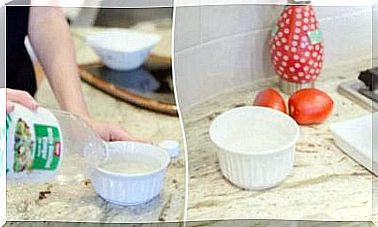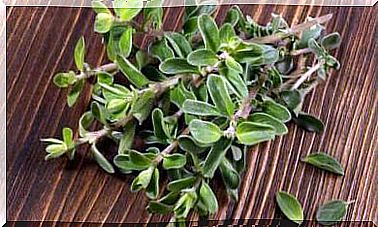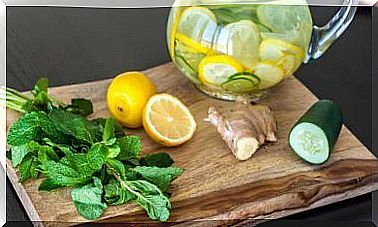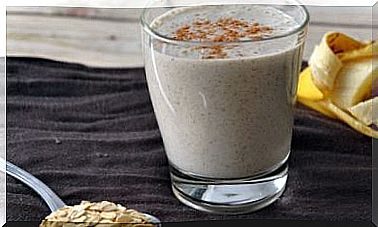6 Truths About Consuming Too Much Salt
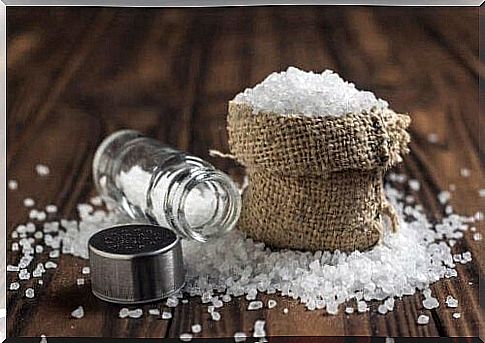
Salt, or sodium chloride, is a compound mineral commonly used as a spice. For several years, however, experts have warned of the dangers of many of us consuming too much salt.
When it comes to foods known as “white poison”, which also includes white sugar and refined flour, high consumption over time can lead to health problems. Is what is said about eating salt true?
Below we discuss the most important truths about eating too much salt. Take a look at the following recommendations.
Consuming too much salt can lead to high blood pressure

Solid evidence suggests that salt is one of the main causes of high blood pressure. Having chronic high blood pressure is also known as hypertension.
This in turn increases the risk of stroke and heart disease, one of the leading causes of death in developed countries.
Some tests performed in countries such as the United Kingdom, Japan and Finland showed that reducing salt intake on a daily basis led to a reduction in high blood pressure and stroke mortality.
However, the same experts pointed out that this could also have been because the subjects adopted other healthy habits at the same time.
Consuming a lot of salt can increase the risk of stomach cancer
Today, stomach cancer is still one of the leading cancers. Geographical variations in the incidence rates led researchers to think that there could be links between this type of cancer and eating habits.
The most important dietary factors related to this disease include regular intake of smoked foods, foods that are preserved in salt and foods that have lots of nitrites.
Some epidemiological studies have analyzed the link between excessive salt intake and stomach cancer. A meta-analysis of long-term studies found that:
Some research places special emphasis on canned meat, fish and vegetables in brine. Clinical and epidemiological evidence therefore indicates that reducing salt intake and salt-rich products may lead to falls in cases of gastric cancer.
Kidney patients need to check how much salt is in their diet
People with chronic kidney disease must avoid consuming salt. Kidney disease is associated with the risk of heart disease and kidney failure.
Considering that one of the roles of the kidney is to balance sodium levels, it is important that these patients moderate their salt intake. In a review of scientific studies, one could see improvements in high blood pressure and sodium excretion after only 24 hours.
The risk of swelling was also reduced, but the long-term effects of reducing salt intake (such as a drop in mortality or kidney failure) could not be determined.
4. We eat too much salt
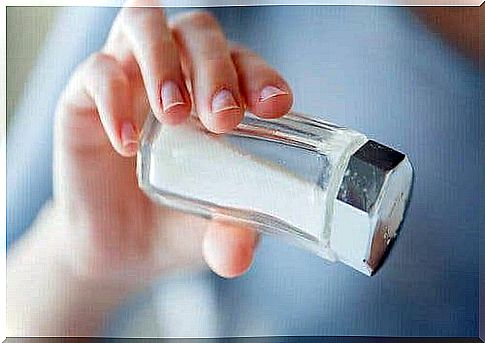
The World Health Organization (WHO) recommends that you consume around 5 grams of salt a day. The problem today is that the average person’s salt intake significantly exceeds the recommendations of all applicable guidelines, and this applies to both children and adults.
In some countries where it has been measured, the average intake was 8 to 12 grams of salt per day.
5. Be careful with unsalted salt
Most of the salt we consume does not usually come from the food we make. This is only about 20 to 25% of our salt intake. The salt found in the food we buy is far worse.
Most of it comes from:
- Ready-made soups and broths
- Broth cubes
- Bread, biscuits and cereals
- Sausages and other processed meats
- Snacks and salted nuts
The best ways we can reduce salt intake in our diet is therefore by choosing fresh foods where possible, especially:
- Fruits and vegetables
- Egg
- Legumes
- Dried fruit
- Grain
- Fish
- Fresh lean meat
Too little salt is also dangerous
As with all things, we should not get too little or too much. The best thing is to maintain a good balance. We know we have to be careful not to consume too much. However, we do not need to eliminate it completely, or reduce consumption to a minimum.
Salt is also needed. Thanks to sodium, our bodies are able to maintain healthy levels of hydration, as well as transport oxygen and nutrients and produce nervous stimulation.
Consuming too little salt can also cause health problems. Paradoxically, both high and low salt intake increase the risk of high blood pressure and cardiovascular disease.
Now you may have learned something new about salt and are aware that you need it in your diet, but not in large quantities. Contact your doctor if you have any questions.

